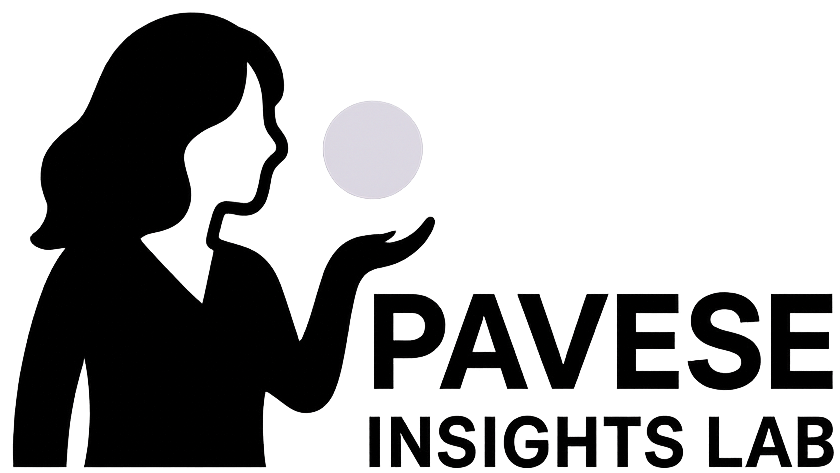The Empathy Paradox — Why a Strength Can Lead to Burnout
Empathy is one of the superpowers of leadership. And in this era of AI, skills like empathy are going to be even more critical to develop - calling attention to the leadership crisis we at the moment where there are too many technical leaders in role, too many people promoted for charisma over competence and actual skill, and not for those skills that are the most transferable across contexts.
Empathy is the quality that helps you connect with your team, gain trust from investors, and inspire loyalty from employees and customers.
But there’s a catch. The very thing that makes you a powerful leader can also be the very thing that drains you.
This is the empathy paradox: the tension between leading with emotional depth and protecting your own well-being.
And if you’re a woman in a founder or leadership role, this paradox is amplified.
Why Women Leaders and Founders Carry a Heavier Empathy Load
Empathy is the ability to understand and share the feelings of another person. It can show up as:
Four Parts of Empathy
For women leaders, cultural expectations often add an extra layer: you’re expected to be the “empathetic one” in the room. For women founders, you may also feel responsible for your team’s emotional stability and the company’s survival.
Research shows empathy can boost collaboration, improve job performance, and support well-being. But those same benefits can turn into liabilities without guardrails.
The Shadow Side of Empathy
Empathetic leaders—especially women—are more likely to:
Take on the role of emotional anchor in their teams.
Be the first to notice and address emotional undercurrents.
Feel guilt for setting boundaries, even when they’re necessary.
Over time, constant exposure to others’ struggles can lead to a variety of negative outcomes emotional fatigue, bias, vulnerability, and susceptibility to manipulation.
For founders, this is compounded by high stakes. Every employee’s struggle feels like your struggle. Every investor conversation carries the weight of your team’s livelihood.
The Burnout Triad
The burnout model explains why empathy fatigue can be so destructive:
Maslach & Leiter’s Burnout Model
For women founders, this can be career-threatening—because your brand, reputation, and funding prospects are often tied to being perceived as both strong and deeply human.
Empathy in the AI Era
AI is changing the nature of leadership. As automation handles more tasks, the human work that remains is more relational and emotionally demanding. This means founders and leaders—particularly women in visible roles—will face even higher expectations for empathy.
Without intentional regulation, this demand can accelerate burnout.
The Path Forward
You don’t need to stop being empathetic. But you do need to:
Recognize early signs of empathy fatigue.
Shift from over-identifying with others’ emotions to offering grounded support.
Build structures that allow you to lead with care and longevity.
The goal is not to care less—it’s to care wisely.
Further Reading / Listening
One of my favorite TedxTalks of all time is from the brilliant I/O Psychologist Dr. Tomas Chamorro-Premuzic, Why do I many incompetent men become leaders?
Zaki, J. (2020). The War for Kindness: Building Empathy in a Fractured World. Crown
Article Photo by Markus Winkler on Unsplash


